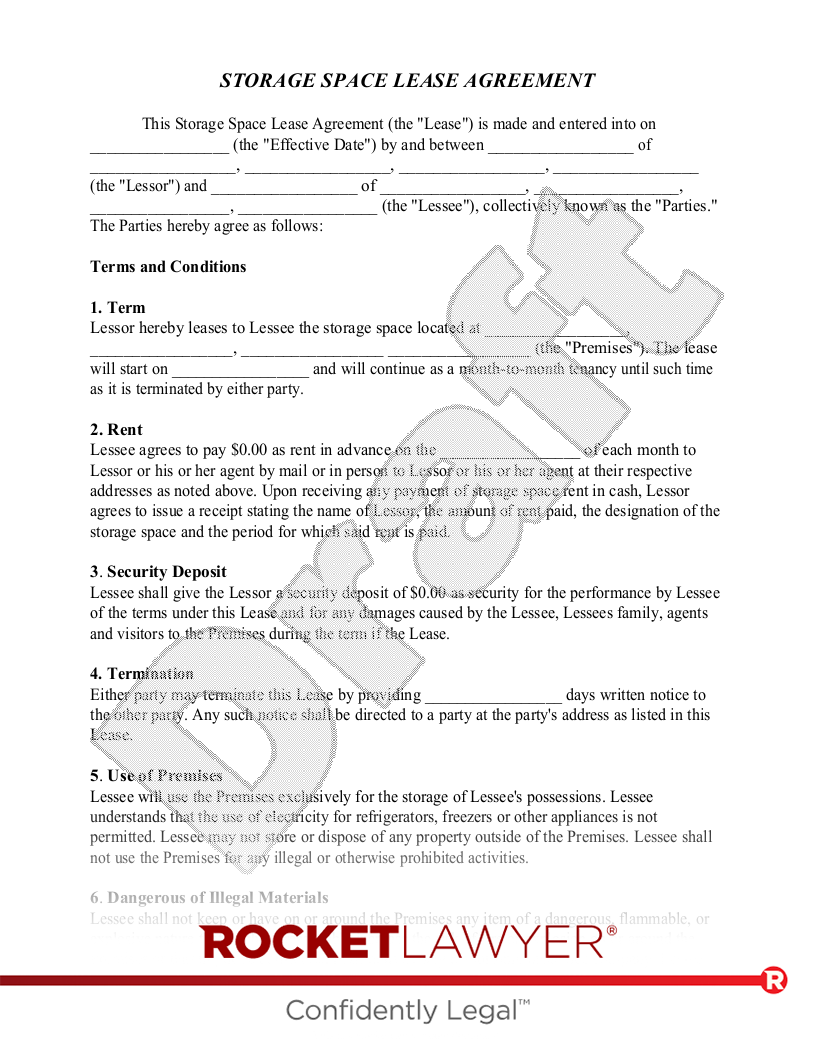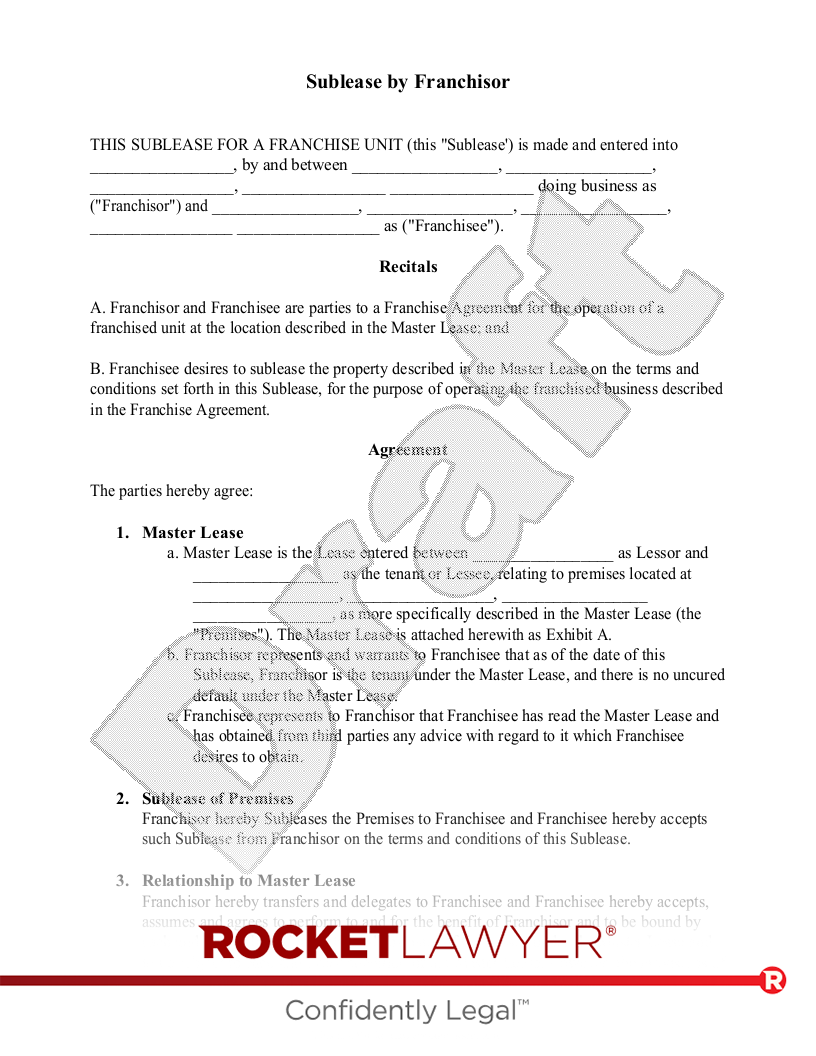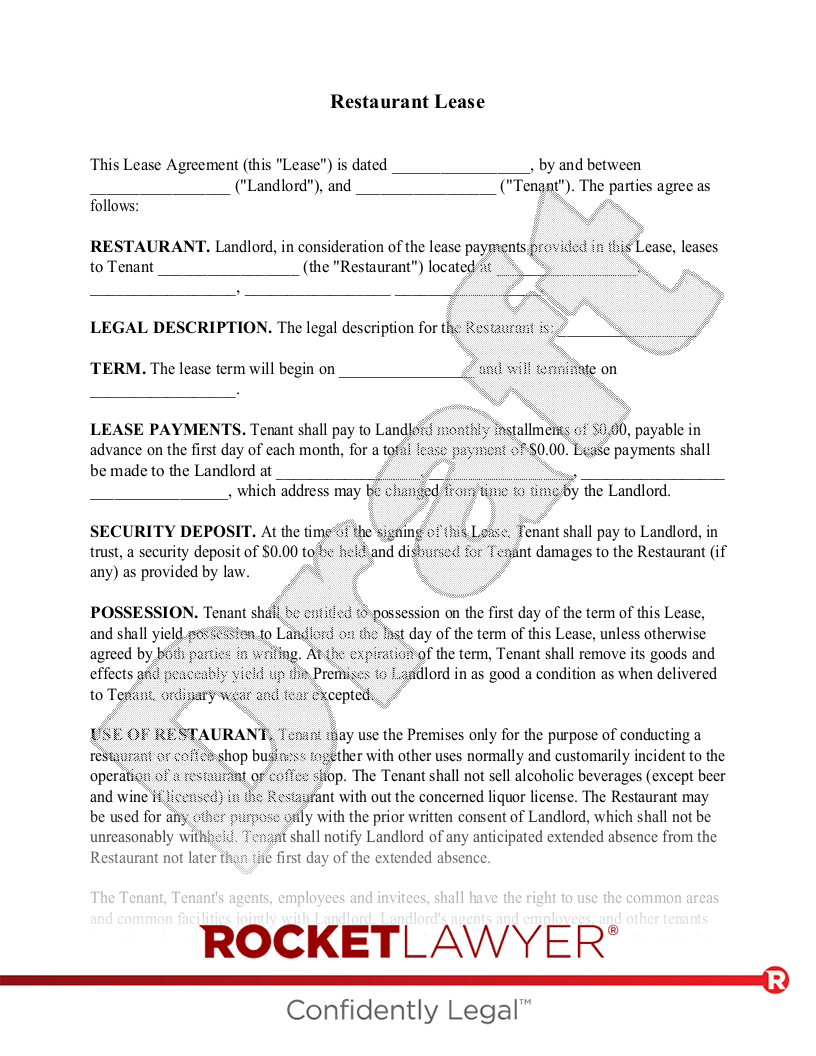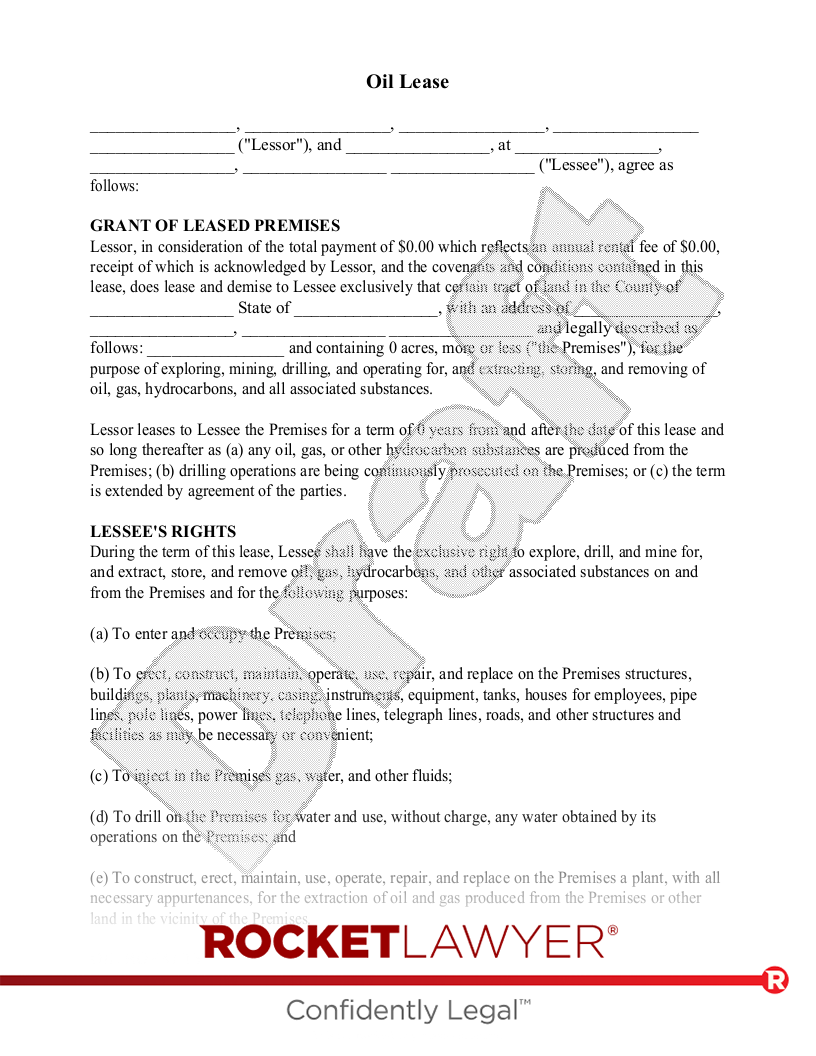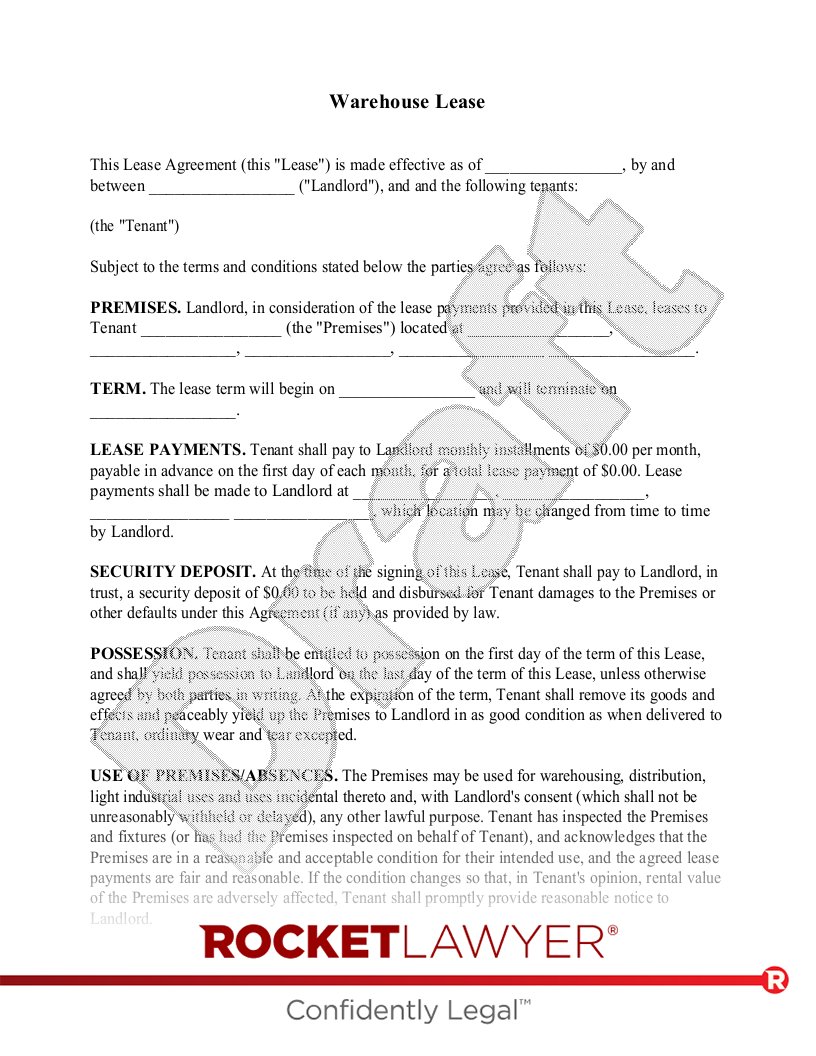Storage Unit Contracts can include any type of unique information that you want to include, but most include at least the following:
Contact information - The address of the storage facility, both parties' phone numbers, the renter's address and the unit number. You can include email addresses or alternate phone numbers if you want.
Terms - When the contract begins and whether there is an end date, such as one year or if the contract is month-to-month. Also include instructions for how the renter can quit the agreement.
Payment information - How much the payment is and whether it may change. Also include due dates, grace periods, security deposit, and late fees.
Termination details - What happens if the rent is not paid or the renter violates one of the terms. Most often, the contents of the unit are sold to help pay the debt. Some unit owners may also proceed with legal collections.
Access hours - When the renter can access their unit and how long they can be in their unit. Time limitations can help deter people from trying to live in their units.
Use of premises - You can say how you will allow the unit to be used, such as whether they can run a business out of the unit, if they can use power, if they can keep equipment, such as refrigerators, plugged in, and so on.
Restricted items - It is a good idea to tell the renter what they cannot store, such as explosives, live animals, or illegal substances. Some unit owners also limit the value of the items stored.
Liability - In this section, you can encourage the renter to purchase insurance to protect their possessions and release your business from liability for any type of loss, damage or injury.
More custom edits are permitted as needed.



